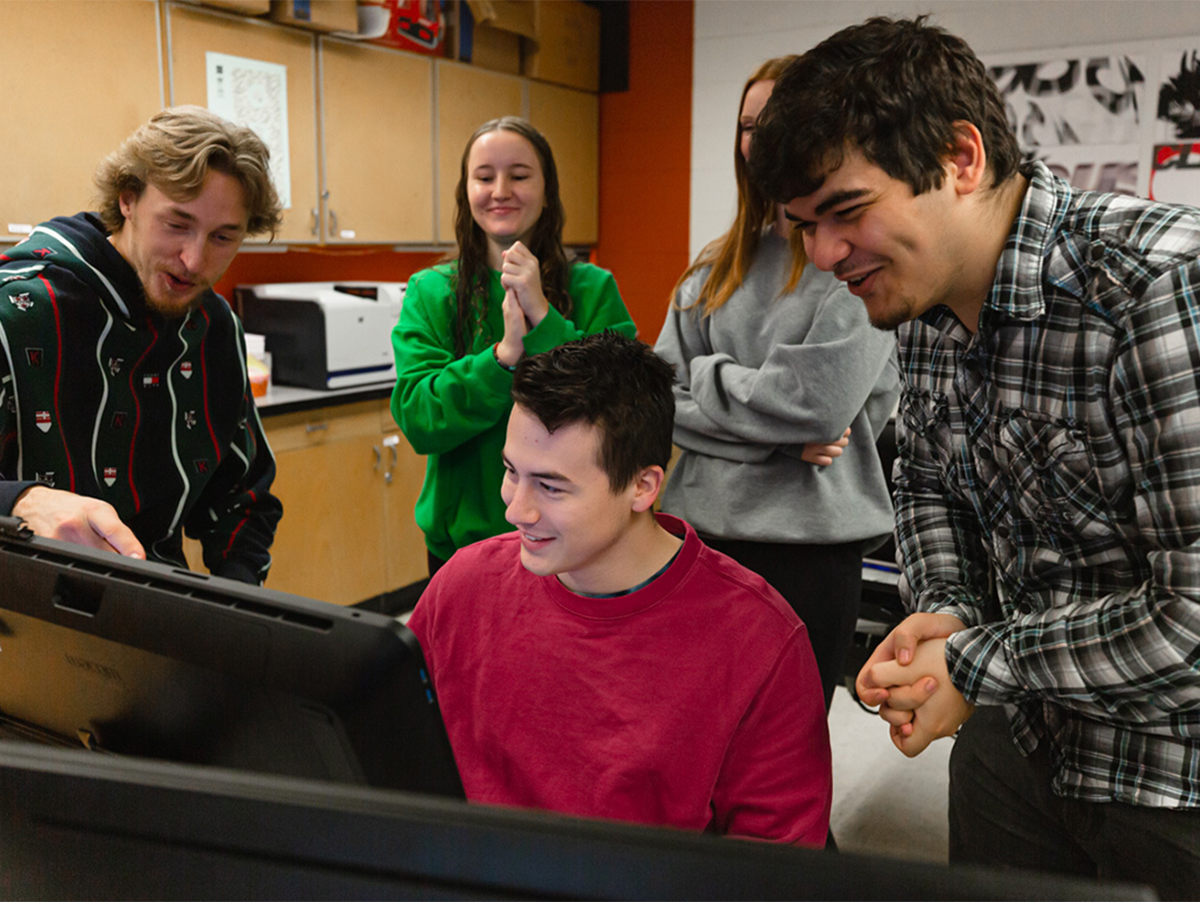Danilo Bojić
Associate Professor
Winona State University
This proposal examines the effects of technology integration on skill development and student satisfaction in undergraduate design education, guided by the Technology Acceptance Model (TAM) and the Diffusion of Innovation Theory (DoIT). It aims to clarify how digital tools enhance design competencies and learning experiences.
Two primary research questions were explored:
1) How does comfort with technology correlate with its perceived importance among design students in blended environments?
2) How does technology integration affect students’ satisfaction with their learning environment? The study utilized a quantitative, exploratory, correlational design, surveying 288 undergraduate design students from public liberal arts colleges in [name anonymized for peer-review] using a structured Qualtrics questionnaire.
The analysis found strong positive correlations between students’ comfort with technology, its perceived importance for skill development, and overall satisfaction with the learning environment. These results emphasize the essential role of technology in design education and highlight the need for strategies that enhance technological proficiency and effectively integrate digital tools.
The findings are significant for educators, curriculum developers, and educational policymakers, stressing the importance of innovative pedagogical approaches that leverage technology to meet the evolving needs of the design profession. This research contributes valuable insights into the integration of technology in design education, enhancing both theoretical discussions and practical teaching approaches.
This design research is presented at Design Incubation Colloquium 11.2: Annual CAA Conference 2025 (Hybrid) on Friday, February 14, 2025.
